The Singapore refinery has been operating for over 50 years and prides itself as being the largest refinery in Southeast Asia. With two world class manufacturing plants in Singapore’s offshore area, this refinery is a major player in the energy and petrochemical sectors. The plant in Singapore produces fuel for retail, lubricants, aviation, marine and bitumen.
This large-scale refinery has been using Crowcon gas detection solutions for over 10 years. From personal monitors to fixed point detectors, Crowcon provides a complete maintenance and calibration service, ensuring all equipment used on site complies with their site’s health, safety and environmental procedures.
The refinery has many hazards including flammable gases, hydrogen sulphide (H2S) and hydrogen fluoride (HF). As part of the refining process, hydrogen fluoride (HF) is used as an alkylation catalyst to make high-octane gasoline.
Hydrogen fluoride and hydrofluoric acid are very corrosive and must be handled in accordance with appropriate risk management practices. Workplace Safety and Health (General Provisions) Regulations has set guidelines and permissible exposure limits for workers in industries and facilities where hydrogen fluoride substances are used.
The WSH PEL (permissible exposure limit) is 3 parts per million (ppm), averaged over an eight-hour work shift. Additionally, any personnel working in an HF plant must wear a chemical resistant suit with full face protection. Neoprene gloves must also be tested for leaks before use. Upon leaving the HF plant, all personal protection equipment must be decontaminated in an alkaline bath. So, any work conducted within an HF plant comes with a large amount of effort and important protective measures
The requirement
The refinery’s HF plant handles concentrated HF acid (98%) and any leakage over 3 ppm will trigger a plant alarm whereby all workers in the plant are evacuated. For a plant with hundreds of personnel on site, and crude distillation production averaging 500 barrels per day, any ‘stop work’ order or evacuation could run losses into millions of pounds.
Any incident of a HF detector going into alarm mode must be investigated and a full report submitted for management review. It is therefore critical that gas detectors for HF can detect low ppm HF with minimal false alarms.
In view of the critical nature of HF detection, users also request monthly bump testing and quarterly calibration of gas detectors. This is no small feat as the HF plant has over 40 HF detectors installed, some with the sensing element located over four stories.
The approach
HF gas detection uses an electrochemical sensor that is susceptible to cross interference from other gases (e.g. SO2 & NO2 commonly found in engine exhausts). As gas detection experts, Crowcon personnel worked with the user during the design and planning stages to ensure the detectors were placed in suitable locations to minimise potential interference from other gases, whilst ensuring suitable coverage of potential leak points. The servicing aspect of gas detectors is crucial as monthly bump testing is required. The unique way in which XgardIQ simplifies and registers bump tests has provided additional efficiency and traceability of activity. With over 40 units on site, ease of servicing is critical, minimising downtime of detectors and reducing the amount of time operators spend in potentially hazardous areas.
Crowcon’s service support team was commissioned to support the refinery, as it could effectively operate in these challenging environments.
The successful outcome
The refinery has successfully implemented Crowcon’s XgardIQ intelligent detectors with hot swappable sensors for this crucial application. The XgardIQ detector has proven to be robust and reliable. Most importantly, the hot swappable sensor option allowed Crowcon’s engineer to calibrate the sensor away from hazardous environments.
It has been over three years since commissioning and to date, there has been no report of sensor drift or detector failure. And with Crowcon’s service support on site, the customer has the peace of mind and assurance that this important gas detection requirement has been met.
Contact us today with your requirements to see how we can help you!
Subscribe to our blog


